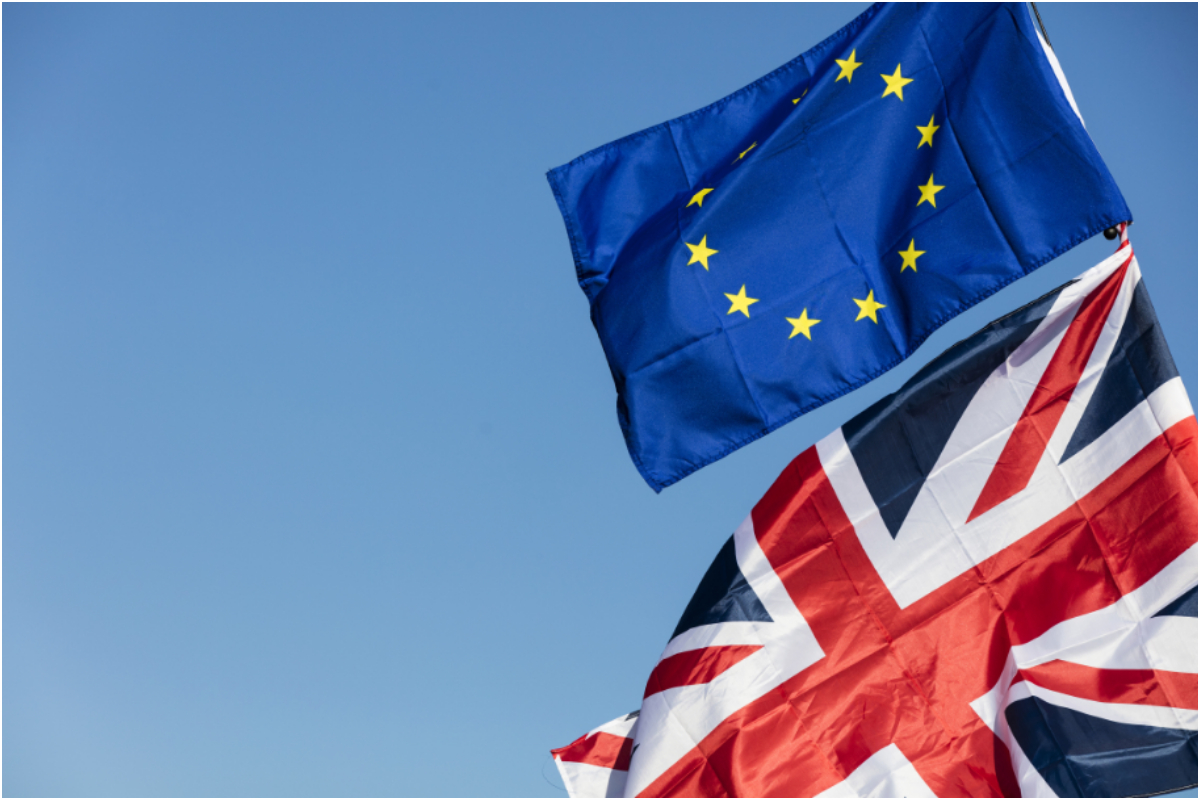- Foreign Secretary James Cleverly talked with his EU counterpart Maro efovi on Friday afternoon.
- The government has been trying to change the agreement it made with the EU almost three years ago.
- The protocol means that goods from Great Britain will have to go through more checks, which worries unionists a lot.
The UK and the EU are going to start talking again about how to settle their disagreement over the Northern Ireland Protocol.
The move comes after Foreign Secretary James Cleverly talked with his EU counterpart Maro efovi on Friday afternoon.
The government has been trying to change the agreement it made with the EU almost three years ago.
But most of the talks have stopped since February.
The Democratic Unionist Party (DUP) left Stormont’s institutions to protest the trading arrangements after Brexit. They said that the protocol threatens Northern Ireland’s place in the union.
But it means that goods from Great Britain will have to go through more checks, which worries unionists a lot.
In June, when Liz Truss was the foreign secretary, she brought a bill to Parliament that would give UK ministers the power to cancel large parts of the deal on their own.
It was praised by the DUP, which wants the bill to be “fully enacted” before the party thinks about going back to power-sharing. However, political opponents and the EU said it broke international law and were against it.
Since she became prime minister this month, Ms. Truss has said again and again that she wants to reach a deal with the EU through negotiations so that the powers of the protocol bill don’t have to be used.
But the House of Lords is still expected to start looking at the bill in the coming weeks.
Friday, her replacement as foreign secretary, James Cleverly, had a video call with Maro efovi, who is in charge of negotiations for Brussels.
After the meeting, he wrote on Twitter that both sides “agreed we want to find ways to protect the Belfast (Good Friday) Agreement” and that they would talk again soon.
[embedpost slug=”liz-truss-to-attend-first-european-political-community-meeting-reports/”]





















